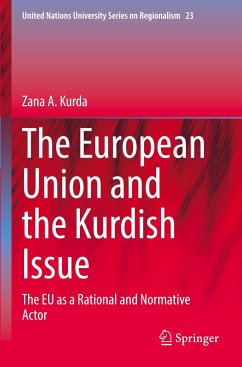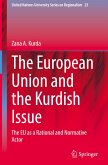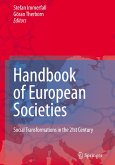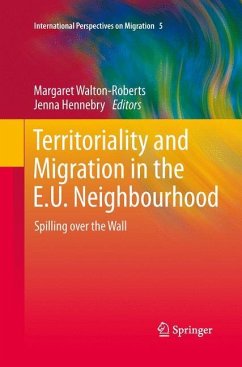This book focuses on the European Union as an actor involved in the transnational Kurdish issue covering Turkey, Iran, Iraq and Syria. It demonstrates that, instead of being simply a humanitarian actor in the issue, the EU has considered its bilateral interests with the four states in question as well as its extent of acceptance in approaching the Kurdish issue. It has combined its traditional humanitarian/normative consideration with its geopolitical interests in relation to strategies related to the four states. This book provides a unique perspective on the EU as an actor in the Kurdish issue and from a wider perspective, it provides interesting insights into the EU's interactions with geopolitics, which has become the topic of a lively scholarly debate in recent years. The book is a resource for researchers and students studying the European Union as a global actor, and for governmental or non-governmental professionals dealing directly with, or having interest in, the EUand/or Kurdish affairs.
Bitte wählen Sie Ihr Anliegen aus.
Rechnungen
Retourenschein anfordern
Bestellstatus
Storno








